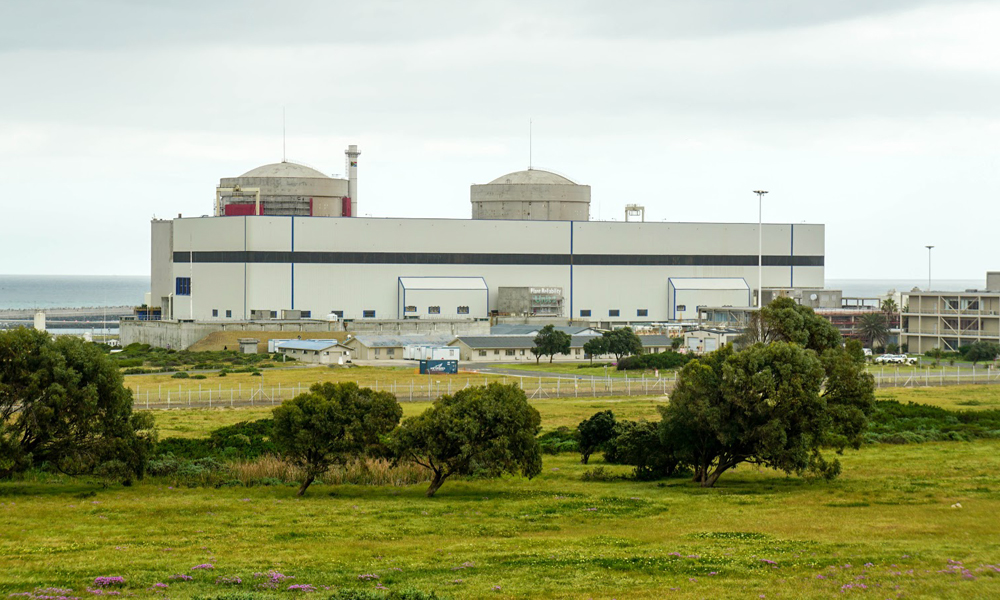
Russia, South Africa to Continue Cooperation
back to contentsThe Western Cape High Court (South Africa) ruled on 26 April that the agreement made in 2014 between the South African Ministry of Energy and Rosatom Group to build eight nuclear reactors in the country was “unlawful and subject to cancellation”. The reasoning behind the court’s decision was that the parliament had not given its prior approval. The judgment was announced only two days before the deadline to provide responses to the request for information (RFI) concerning a 9,600 GW nuclear power plant project. The court also ruled to cancel agreements with the USA and South Korea for the same reason – they were signed without prior discussion in the parliament.
Expert opinion
Kelvin Kemm, Chairman of the Board of Directors of the South African Nuclear Energy Corporation (NECSA), said in his interview to the TASS news agency that this decision would not affect the South African program to build 9,600 MW of nuclear capacity.
Knox Msebenzi, Managing Director of the Nuclear Industry Association of South Africa (NIASA), said that the organization ‘took yesterday’s judgment of the Western Cape High Court into account’. “As an industry, we respect the court’s ruling. The Department of Energy is expected to provide guidance on the matter, and we will take their lead on what to do next,” Msebenzi said. “We have always supported the idea that transparency, fair trade and best practices are critical foundations for a successful nuclear construction project. NIASA members who include all vendor countries have signed a declaration to respect the South African law and undertaken to follow the principles of equity and transparency.”
According to him, it was “critical to mention” that the court’s ruling was not on “nuclear issues”, but on the procedures that had been followed. “The reality is that nuclear technology is not new to the country; therefore we have a solid foundation for the proposed project,” he said. “It is also not a case of ‘either or’ when comparing or reviewing the Government’s integrated resource and energy plans, but about nuclear being afforded its rightful place within the energy mix and future of the country.” According to him, nuclear energy would guarantee base load power needed for industrialization and climate change commitments. Msebenzi added that the country needed a “platform to exchange best practices” with other countries running their national nuclear programs.
Energy Minister Mmamoloko Kubayi directed the Department of Energy to analyze the decision made by the High Court. The Department announced that it would engage with “all relevant parties” and “express its opinion on the matter in due course”.
Tiisetso Makhele, a member of the African National Congress and a columnist at News24, wrote that all news reports about “suspension of the nuclear deal” were untrue. There is no nuclear deal between South Africa and the USA, Russia or South Korea, he says. All deals between South Africa and these countries are predominantly cooperation agreements in line with the country’s diplomatic and international goals in nuclear as an alternative energy source.
According to him, the court had found that the procedure to conclude the agreements was unlawful as Parliament was not consulted. This finding is similar to the finding of another court on the unlawfulness of South Africa’s decision to leave the ICC.
Tiisetso Makhele also said the South Africa was in need of nuclear power. In addition to the much needed expansion of the South African energy mix, nuclear energy is safer, and relatively cheaper. And it is not new to South Africa. The country’s first nuclear power station, Koeberg, was constructed near Cape Town in 1976.




